Every day brings new drama about Trump’s legal perils. Here’s why today really matters
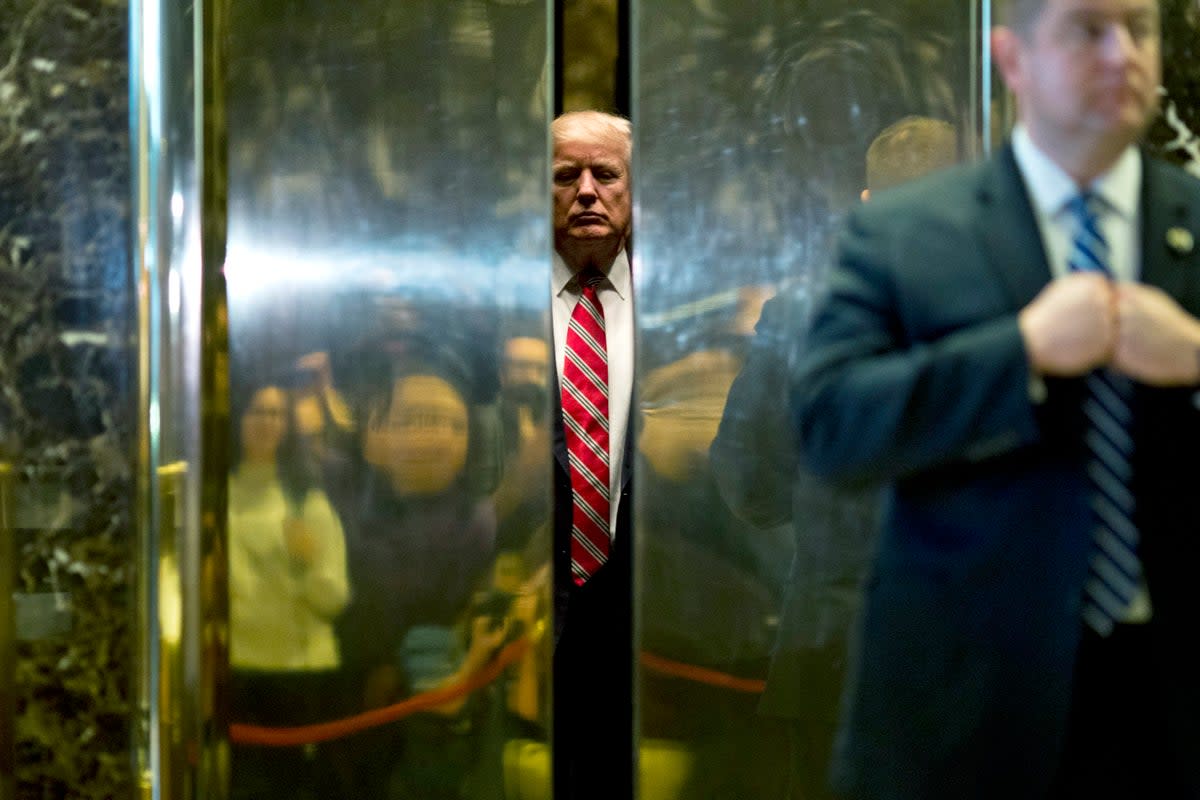
On 30 March 2023, the streets surrounding Manhattan Criminal Court in downtown New York were lined with media, protesters, bystanders and police officers in awe of a historic moment many thought would never happen: the criminal indictment of New Yorker and former president Donald Trump.
Years after the Manhattan district attorney’s office opened an investigation into Mr Trump’s financial records, after allegations of wrongdoing by those in his inner circle, the controversial former president was facing criminal charges.
In the days following, the world fixated its eyes on Manhattan District Attorney Alvin Bragg as he announced 34 counts of falsifying business records against Mr Trump related to a hush-money cover-up scheme ahead of the 2016 presidential election.
The unsealing of the indictment sparked excitement among Mr Trump’s opponents, fury among his allies and sheer awe for everyone in between.
“This is a turning point, hopefully, in the salvation of our democracy,” protester Robert Hoatson told The Independent outside the courthouse on that historic day.
The former president also recognised the day’s gravitas, though striking a different tone with an ominous warning that the “witch hunt” of an indictment could bring about “death and destruction”.
But now, one year later, the New York criminal case appears only a speck in the galaxy of legal problems that have mounted against the former president.
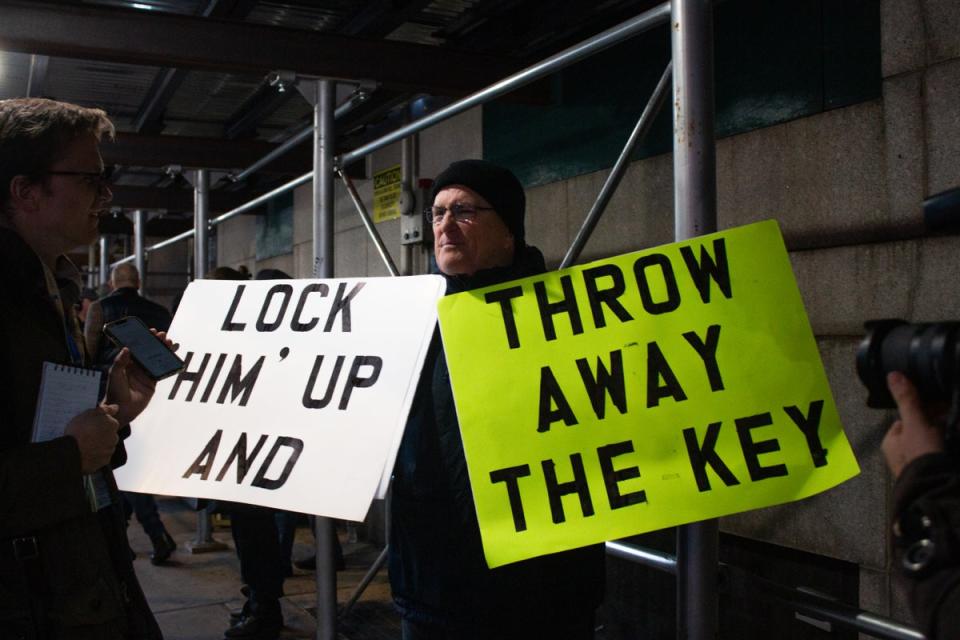
And the start of the trial, once imagined as Mr Trump’s demise, could seem to some like just another Monday in Trumpworld.
In the months following the New York criminal indictment, Mr Trump was charged with a total of 52 other criminal charges spanning three jurisdictions on both state and federal levels. The accusations of which are, at times, overwhelming.
First came in June when Mr Trump was charged by the Justice Department with violating the Espionage Act, among other charges, for harbouring classified documents containing national security information in his Mar-a-Lago residence.
“Witch hunt”, “totally corrupt”, Mr Trump responded.
Then, in August, the former president was hit with a second federal indictment for allegedly conspiring to overturn the 2020 election results and failing to stop a mob from storming the US Capitol on January 6.
“Witch hunt”, “unprecedented political targeting”, “fake charges”, Mr Trump branded this one.
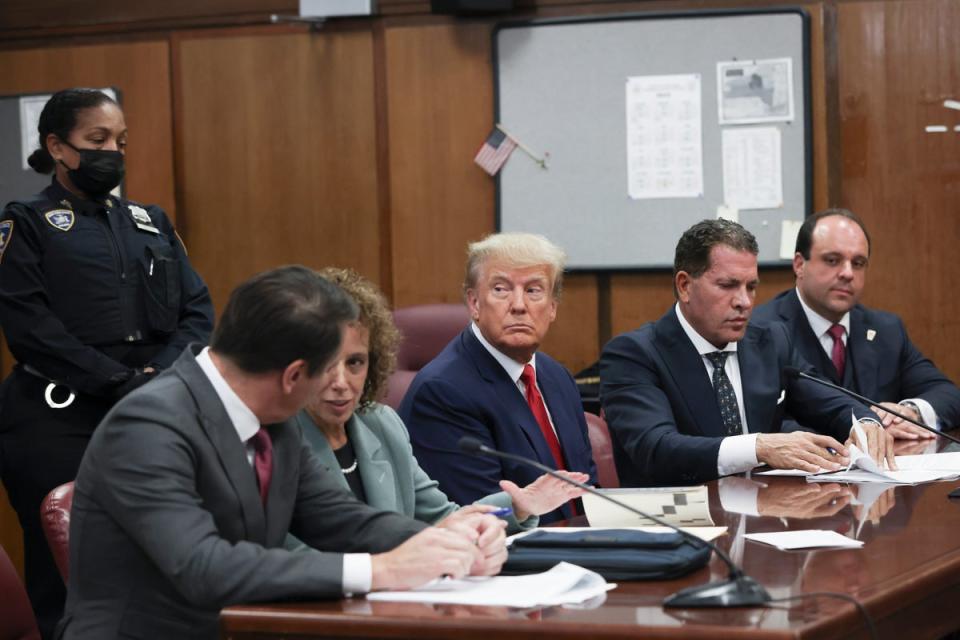
That very same month, Mr Trump and 17 co-defendants were then charged in a vast RICO case for engaging in a criminal enterprise to overturn election results in the state of Georgia.
Once again, Mr Trump responded with claims of “witch hunt”, “corrupt district attorney”, “politically-inspired indictment”.
Each criminal indictment – and increasingly predictable response from the former president – seemed more shocking than the one before it.
By the end of the year, the shock, significance and – quite frankly – interest in the New York hush money case appeared to be falling away.
After all, what was a case about false business records compared to a case about trying to overthrow democracy?
But, legal experts argue that the world really should pay attention to the case.
They argue that this case, and Mr Trump’s actions in 2016, was actually the first time he allegedly engaged in election interference – and that this was something of a precursor for his efforts to overturn the result of the 2020 election and the events of January 6.
“It doesn’t have the big dramatic insurrection in the end, but I do think it’s kind of a big deal,” Karen Friedman Agnifilio, the former chief assistant district attorney for the Manhattan DA, tells The Independent.
The case relies on accusations that Mr Trump stifled negative stories about his alleged sexual affairs and falsified business records for these hush money payments in order to influence the 2016 presidential election.
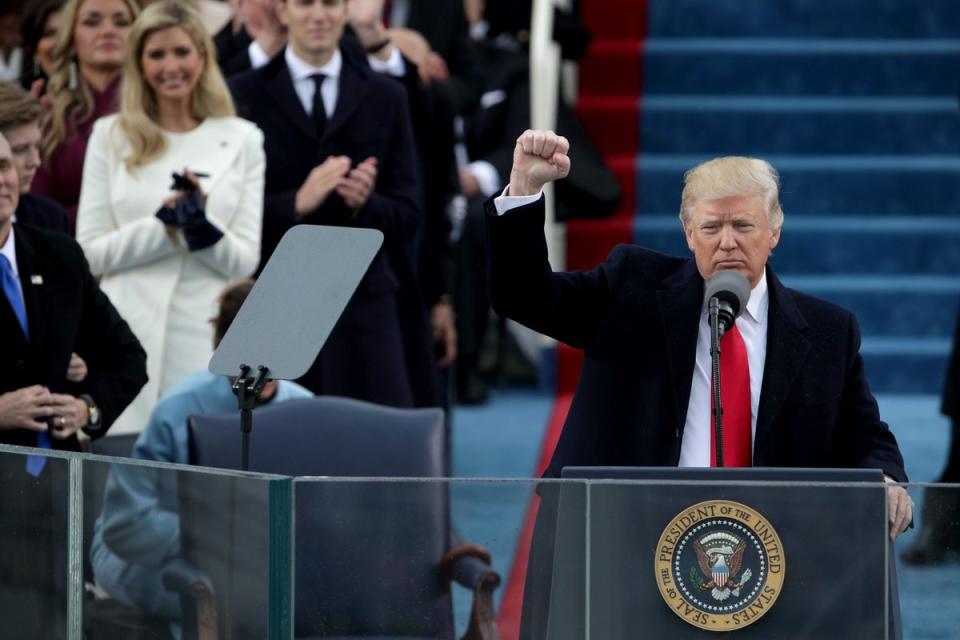
Ms Agnifilio says he may well have succeeded.
“Donald Trump only won by something like 80,000 votes in the swing states that caused him to win and you have to wonder if this information had come out on the heels of the ‘Access Hollywood’ case, etc, whether he would have gotten the votes he did get and won,” she says.
The actual events of the case took place more than eight years ago when Mr Trump was considered by many to be a reality TV star-turned-far-fetched candidate for president. His name, synonymous with New York City, was his biggest asset.
Prosecutors allege that, in order to help his campaign, Mr Trump and his former lawyer Michael Cohen colluded with David Pecker, the former CEO of American Media Inc, to “catch and kill” negative stories.
AMI paid two individuals who claimed to have stories about Mr Trump’s alleged extramarital affairs and had them sign NDAs to prevent them from going public with the claims.
When Stormy Daniels, an adult film star, threatened to air allegations of an affair with Mr Trump, Cohen also paid her to stay quiet and had her sign an NDA – at what, he claims, was the direction of the former president. Mr Trump later reimbursed him but misrepresented those payments as part of a non-existent legal retainer, prosecutors allege.
“If he’s convicted he will have been found guilty of fraud, fraud affecting an election – or attempting to affect an election – which sort of goes to the core of our election process,” Kevin O’Brien, a former assistant US attorney, explains to The Independent.
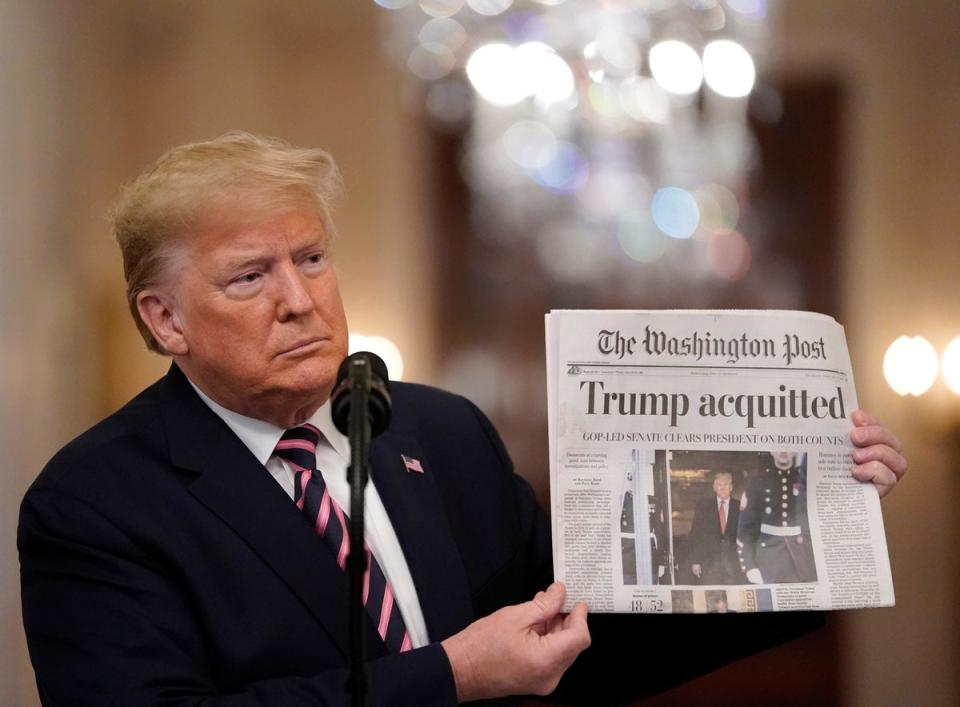
Cohen has already faced federal prison time for his part in the scheme.
Mr O’Brien believes Mr Trump could face prison time too if convicted.
But, it’s unclear if the public believes Mr Trump will face consequences for his alleged actions – or if it will even matter. One poll found that one-fifth of Trump supporters believe the former president has committed a serious crime, yet he is still polling ahead of President Joe Biden in multiple matchups for the November race.
Undoubtedly, the media will flock to Manhattan Criminal Court on Monday 15 April for jury selection.
Police officers and Secret Service agents will stand guard.
Bystanders may take a peak and protesters could set up outside the courthouse.
And, irrespective of perception about the case, Mr Trump will make history as the first current or former US president to stare down the prospect of a future behind bars.
